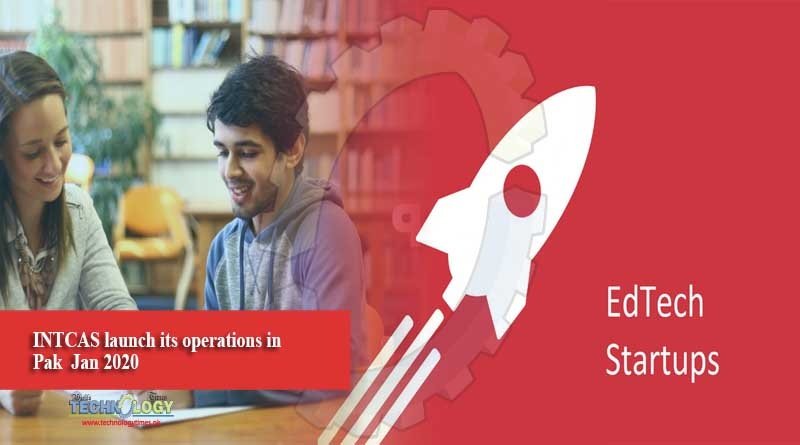One of the leading name in Ed-Tech based in London INTCAS has announced that it will launch its operations in Pakistan in January 2020 days after the United Kingdom ministers decided to take back a key decision made in 2012 that overseas students to leave four months obligatory after finishing a degree.
 INTCAS is an integrated platform “one stop shop” for students to who wish to take up further study in international universities. The company unites all the key stakeholders which are required for students to protect a place in education institutions globally.
INTCAS is an integrated platform “one stop shop” for students to who wish to take up further study in international universities. The company unites all the key stakeholders which are required for students to protect a place in education institutions globally.
CEO Zakaria Mahmood commented on launch of INTCAS in Pakistan that “Pakistan has huge potential, as a second generation Pakistani myself I truly believe we stand out in academia and have contributed to the world through academic exchanges over the last 72 years, whether it was a Dr Atta-ur-Rahman or PM Imran Khan, “What we do need though is removal of institutional barriers and a focus.”
He said that “his artificial intelligence education technology service is a computerized platform where the students get the right educational direction depending on their skills, abilities and interests”.
He added that “it is a way of selecting students in a certain way and making sure that they are additional informed about decisions through a prediction system based on proven scientific methods”.
INTCAS has identified over 160 risks associated with students preventing from apply for education abroad from the application process to finding a right place.
Eventually, this complex process is a difficult problem to conquer for genuine students as well as sponsors resulting in a loss of potential future enrollment.
Some would disagree that attracting the right students, managing VISA applications at the same time as shopping for a secure financial transaction with lengthy calculations and frustrating process which a paradigm needs shift.
This is where INTCAS fill up the gap through its design. It has allowed for key stakeholder communities to join with a single platform structuring on an ecosystem that agree to give access on support services even as reducing risks through ensuring student and institution relationship is protected.